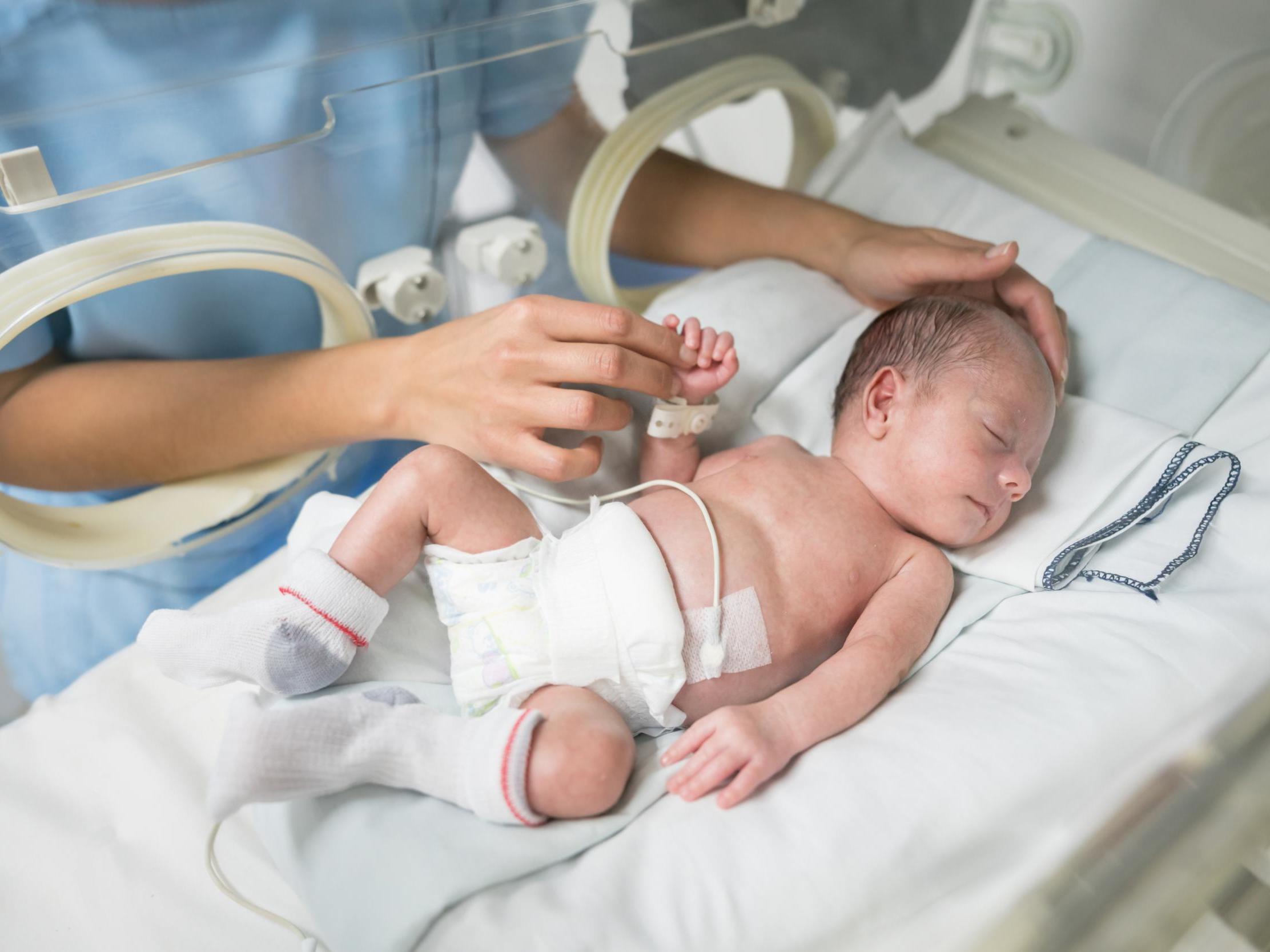Mothers and babies at risk in maternity units across country, care watchdog warns
Care Quality Commission: ‘When looked at internationally, perinatal mortality rates in the UK remain higher than many other European peers and other similar high-income countries’

Your support helps us to tell the story
From reproductive rights to climate change to Big Tech, The Independent is on the ground when the story is developing. Whether it's investigating the financials of Elon Musk's pro-Trump PAC or producing our latest documentary, 'The A Word', which shines a light on the American women fighting for reproductive rights, we know how important it is to parse out the facts from the messaging.
At such a critical moment in US history, we need reporters on the ground. Your donation allows us to keep sending journalists to speak to both sides of the story.
The Independent is trusted by Americans across the entire political spectrum. And unlike many other quality news outlets, we choose not to lock Americans out of our reporting and analysis with paywalls. We believe quality journalism should be available to everyone, paid for by those who can afford it.
Your support makes all the difference.Maternity units across the country pose serious safety risks to mothers and babies, according to the care watchdog.
In a report, published today, the Care Quality Commission said it was concerned some maternity units show similar failures to those identified by an inquiry into baby deaths carried out five years ago.
The regulator also highlighted a lack of quality training for maternity staff and warned some obstetric staff who saw low numbers of births were not maintaining their skills and posing serious risk to mothers.
It said: “Maternity services stand out as one of the core services we inspect that is not making improvements in safety fast enough.
“Five years after [the report into the Morecambe Bay scandal], we have not found that the changes needed or the change in safety culture we have called for have been consistently delivered. Leadership and cultural barriers need to be addressed if these overdue improvements in safety are to be achieved with the urgency needed.”
The CQC’s warning comes as separate inquiries are under way looking into poor maternity care in the NHS.
In November The Independent revealed the largest ever maternity scandal at the Shrewsbury and Telford Hospitals Trust with more than 900 cases now being investigated including dozens of baby deaths and children left brain-damaged.
The Independent has launched a campaign with the charity Baby Lifeline calling on health secretary Matt Hancock to re-instate a national maternity safety training fund which was scrapped after one year.
Last week Baby Lifeline delivered a letter signed by more than 20 leading experts and organisations backing the campaign. In its report the CQC said it was “particularly concerning that in some of our inspections where services have been rated inadequate or requires improvement, we have found that the issues identified in the 2015 Kirkup report – staff not having the right skills or knowledge; poor working relationships between obstetricians, midwives and neonatologists; poor risk assessments; and failures to ensure that there is an investigation and learning from when things go wrong – are still affecting the safety of maternity care today.”
It added: “When looked at internationally, perinatal mortality rates in the UK remain higher than many other European peers and other similar high-income countries.”
The CQC also underlined fears of training of staff saying this varied widely across the NHS.
“The inspection reports we reviewed included examples of trusts who had considered and addressed training needs – but also examples where staff did not have the skills and competencies that their roles required, and where teams did not work effectively. Every maternity service must ensure that the range of training matches the identified needs for their service,” it said.
“We have particular concerns about the frequency and quality of multi-professional scenario training. We have seen evidence that some obstetric staff working in maternity units that have low numbers of deliveries are not able to maintain the relevant clinical skills and competencies. This is an area that requires urgent attention at trust and national level.”
In 2017, the CQC warned over maternity safety in England with half of all maternity services rated as requires improvement or inadequate for safety.
Since then the regulator said there had been some improvement with the number of units rated inadequate, but it warned 38 per cent of units were still in need of safety upgrades.
The report concluded: “The work underway to improve the safety of maternity services is welcome, but our inspections have found there is more that needs to be done to ensure that women and babies get consistently safe care.”
James Titcombe, whose son Joshua died in 2008 as a result of failings at the University Hospitals of Morecambe Bay Trust, said of the report: “Whilst some maternity units have made good progress – there are others that simply haven’t. It’s deeply troubling that CQC are finding the same issues that led to such tragic events at Morecambe Bay are still affecting the safety of maternity care in other units today.”
He added: “Whilst there has been a considerable focus on maternity safety in recent years, today’s report highlights some important areas where greater focus is now urgently needed. In particular; improvements in governance, leadership, risk management, access to multi-professional training and ensuring the voices of women and families are truly listened to.
“Five years after the Kirkup report was published, many of its national recommendations for change have still not been implemented. The government now need to address this and ensure that the areas of improvement identified by CQC are urgently acted on.”
Join our commenting forum
Join thought-provoking conversations, follow other Independent readers and see their replies
Comments